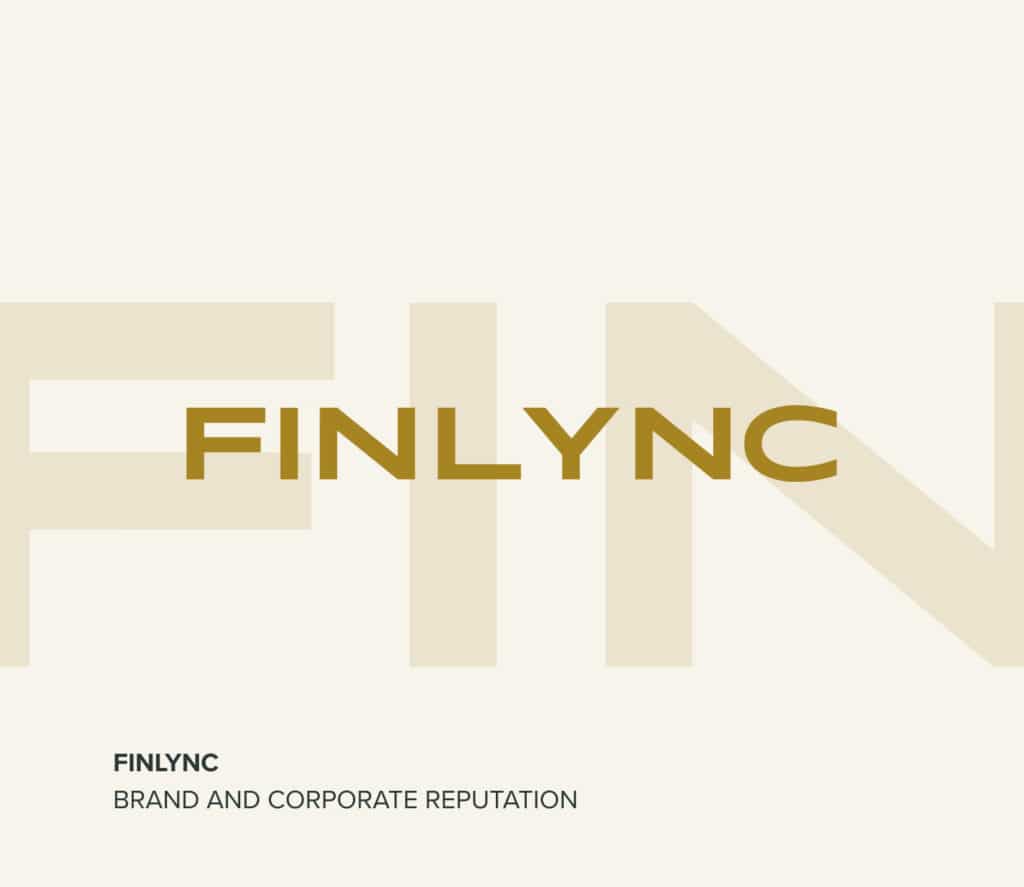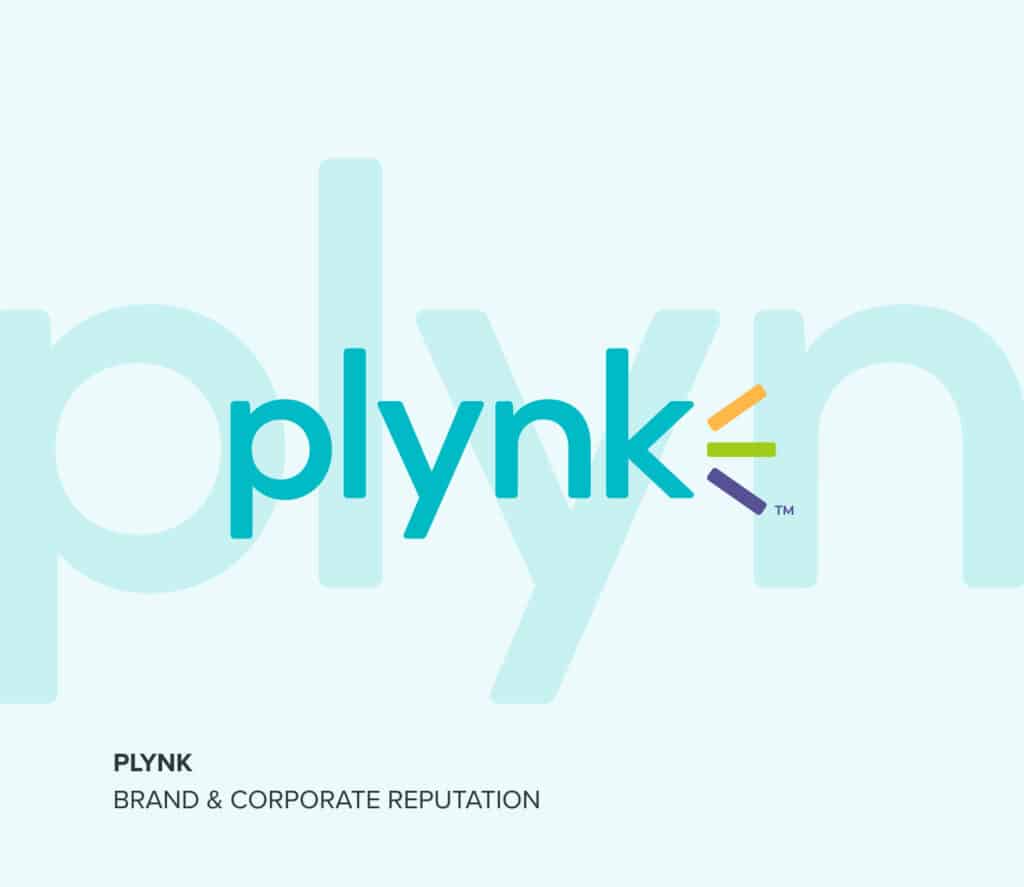Katie Spreadbury, our UK Managing Director continues our series exploring one year on from the start of lockdown, by talking to Psychologist and CEO of Innovation Bubble, Simon Moore. Simon discusses the Data: Relationship Challenge that has been accelerated by the pandemic and leads to both challenges and opportunities for communicators and marketers.
Katie: How has the pandemic ignited the Data:Relationship Challenge?
Simon: Prior to the pandemic the worlds of data, AI, automation and personalisation were growing at significant rates. However, what the pandemic has done is rapidly increase the rate of adoption of technology by consumers. From food delivery and mindfulness apps, to financial services capability, either via their bank or newer entrants to the market. All of the habits and behaviour these apps capture, gives us data.
But what do we do with it? Having too much data is a challenge in itself. What’s the point of the data if we don’t know what it’s telling us and if we’re not able to make it useful and meaningful? Data itself is pretty useless if we cannot combine it with an understanding of ‘why’. Data without the ‘why’ answer is just a pattern. Confirming or challenging the direction a business is taking and enabling business growth, are all within the power of data. Utilised well it can underpin strategic decision making and support brands in building strong(er) relationships with their consumers.
Katie: What is the Data:Relationship Challenge?
Simon: Brands know more about consumers from data than they do from what they openly and proactively share with us. This contradiction is a challenge for brands as they aim to build trust and mutual relationships with their audiences. The old adage of knowledge is power, can be a downfall if the overuse of the data alienates people and makes them feel uncomfortable. Knowing things about people without bringing them into a conversation is creepy for many customers.
It’s consumer:brand relationships that count. To build these we need to understand the stories that data is telling us and this is achieved by really listening; building relationships the old fashioned way and scouring the data for the real trends underneath. Understanding the underlying tensions individuals are facing with the decisions they make every day, will deliver real insight about how brands need to behave to create engagement and loyalty. Sadly, simply giving surveys and questionnaires out or measuring what customers do – doesn’t really get to grips with how they make their decisions or why they do or do not do something.
Katie: How does the Data:Relationship Challenge play out in financial services?
Simon: Financial services has long been a world overwhelmed with and consumed by data, it also has access to highly personal data about how we earn and spend our money, as well as debt and saving levels. As a result this challenge is starting to mature within the financial services industry more quickly than others. The challenge also grows in this area because many consumers consider money to be stressful or aren’t interested in it. This negativity and indifference, can create significantly higher levels of trust in brands that are too personal. Financial services brands do have to work harder in getting this right.
However, it’s not hard to fix. How would you build a relationship with somebody you’d newly met? Asking questions, listening and spending time together! These are all things that brands can do too. Coming together with customers to really listen, can then validate or undermine what the data you have is telling you. Combined they offer a more complete picture – they start answering the all important ‘why’s’ of their customer market.
Katie: How will the Data:Relationship Challenge continue to evolve as the peak of the pandemic passes?
Simon: Brands always have, and always will want to predict how their customers will behave. And to steal a now well-coined phrase brands, like many of us, have the opportunity to build back better. To think again, to start again and to embrace new ways of better understanding their customers. This debate will continue to evolve, alongside the ESG agenda. Customers want to know and understand how the brands they choose to purchase from are behaving and if they are truly interested in them – strong relationships will enable brands to engage openly with their customers on these key issues.
Watch out for the next blog in our Covid: One Year On series coming soon.


